Russian web activists face increased jail threat
- Published
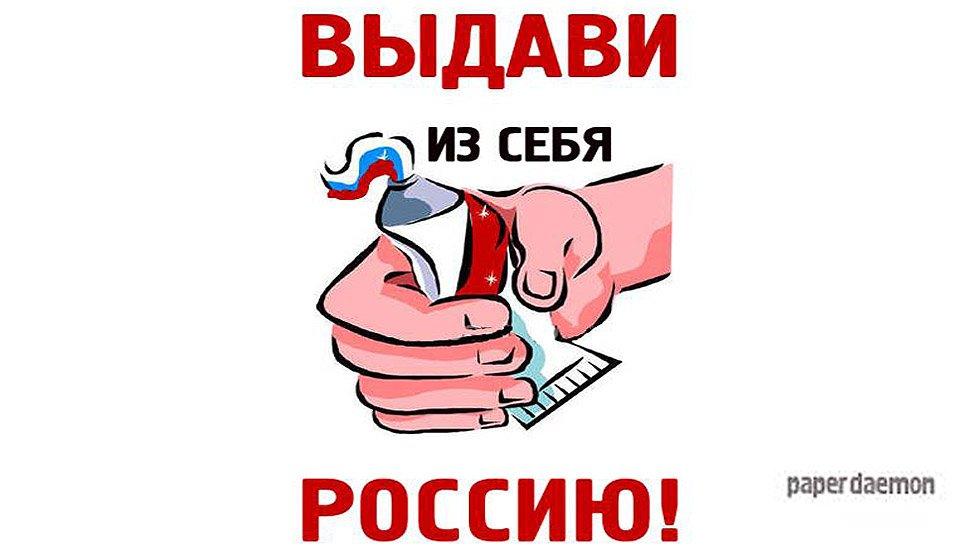
"Squeeze the Russia out of yourself"
A bright pink hand grips a tube of toothpaste forcing a red, blue and white-striped dollop out of the top. Around the cartoon image are the words: "Squeeze the Russia out of yourself".
It seems on the face of it a fairly innocuous picture, but reposting it on the internet in Russia could land you in court or even in jail.
This is the fate looming over Andrei Bubeyev, a 39 year-old electrical engineer from Tver, north of Moscow, who on 17 February went on trial for using the internet to incite extremism and to undermine Russia's territorial integrity.
Mr Bubeyev's other offending repost was of an article entitled "Crimea is Ukraine".
If he is found guilty when the court reconvenes in March, he could face a prison term of up to five years.
But this would not be Mr Bubeyev's first conviction.
In August, he was found guilty of extremism for reposting material linked to Ukrainian nationalist group Right Sector. It included a video that referred to Russia as a "fascist aggressor".
Mr Bubeyev, a married father of two, received a 10-month jail sentence for this and a further two months for illegal possession of ammunition.
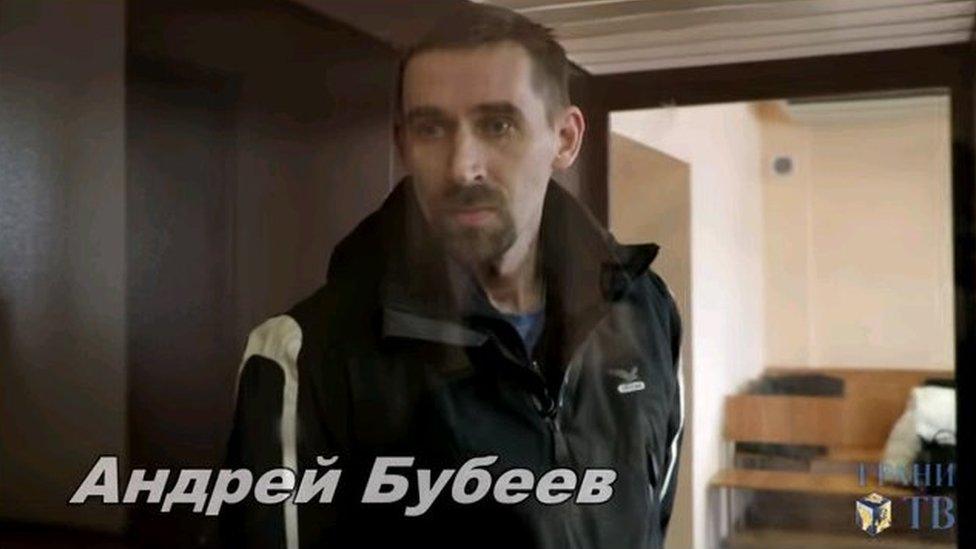
Andrei Bubeyev at his trial in Tver
The day before Mr Bubeyev went on trial for the second time, human rights group Agora published a report, external saying that at least 18 people had received jail sentences in 2015 for activity on the internet.
Most cases involved extreme xenophobic and racist material, it found.
But, it said, posting material about Ukraine or Crimea, or criticising the authorities were now activities that carried a "heightened risk" of prosecution or imprisonment.
As in Mr Bubeyev's case, such subjects can be deemed to fall foul of Russia's notoriously vague extremism laws, as well as a law, external passed after the annexation of Crimea in 2014 that bans the use of the internet to undermine Russia's territorial integrity.
Among those convicted under this law is Rafis Kashapov, a 57-year-old activist from Tatarstan, sentenced in September to three years in prison for social media posts that questioned the legality of Russia's annexation of Crimea and highlighted human rights abuses against Crimean Tatars.
At least three other activists have since received custodial sentences for online activity related to Ukraine.
The harshest was a five-year jail term handed down to Vadim Tyumentsev, an activist from Tomsk in Siberia, who had allegedly incited hatred against refugees from eastern Ukraine. Mr Tyumentsev had also called for unauthorised protests against local authorities.
In earlier years, similar offences were more likely to be punished with suspended sentences or fines.
Intimidation
According to the Agora report, the authorities are increasingly targeting dissident web activists in this way because blocking online material has proved to be a relatively ineffective method of internet censorship.
"Real prison sentences for likes and reposts are intended to intimidate and force citizens to refrain from discussing the real problems in society," the report said.
This intimidation is only likely to increase ahead of the parliamentary election due in September and the presidential election in 2018.
Internet activists played a key role in promoting the mass protest movement that emerged following the disputed parliamentary election in 2011.
Last week, the Prosecutor-General's Office (PGO) announced that it had found signs of extremism, including a threat to Russia's territorial integrity, in an article by veteran scientist and political commentator Andrei Piontkovsky.
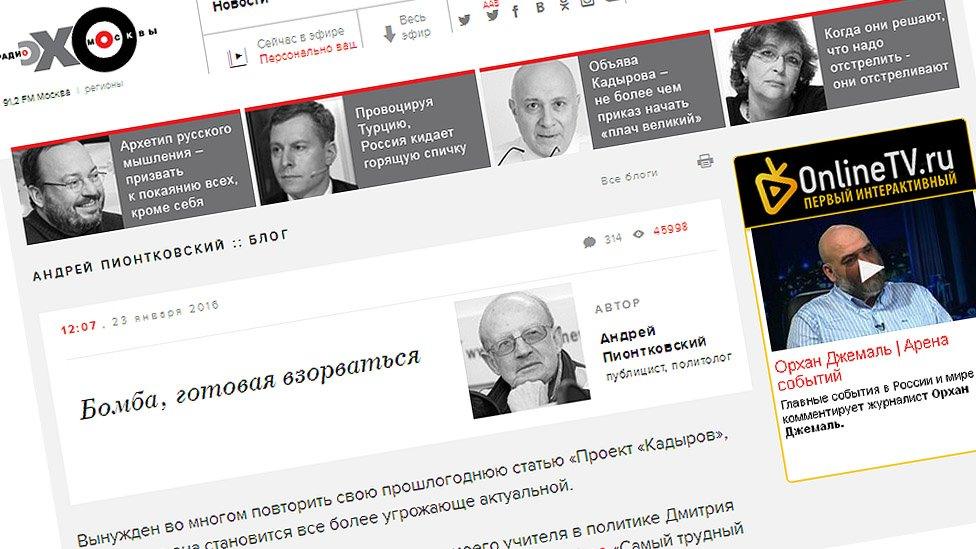
Andrei Piontkovsky's article on Chechnya could result in him being prosecuted
Published on the website of independent radio station Ekho Moskvy and entitled "A bomb ready to go off", the article, external (which has since been redacted) suggested that Chechnya should leave the Russian Federation.
Fearing prosecution, the 76-year-old Mr Piontkovsky has now left the country.
Writing on the officially banned opposition website Yezhednevnyy Zhurnal, external, journalist Igor Yakovenko said that, apart from its effect on Mr Piontkovsky, the PGO's findings also cast doubt on the ability of the democratic opposition to participate in elections.
By implication, he said, it would effectively outlaw any party that dared to question Russia's annexation of Crimea.
BBC Monitoring reports and analyses news from TV, radio, web and print media around the world. You can follow BBC Monitoring on Twitter, external and Facebook, external.
- Published28 December 2015
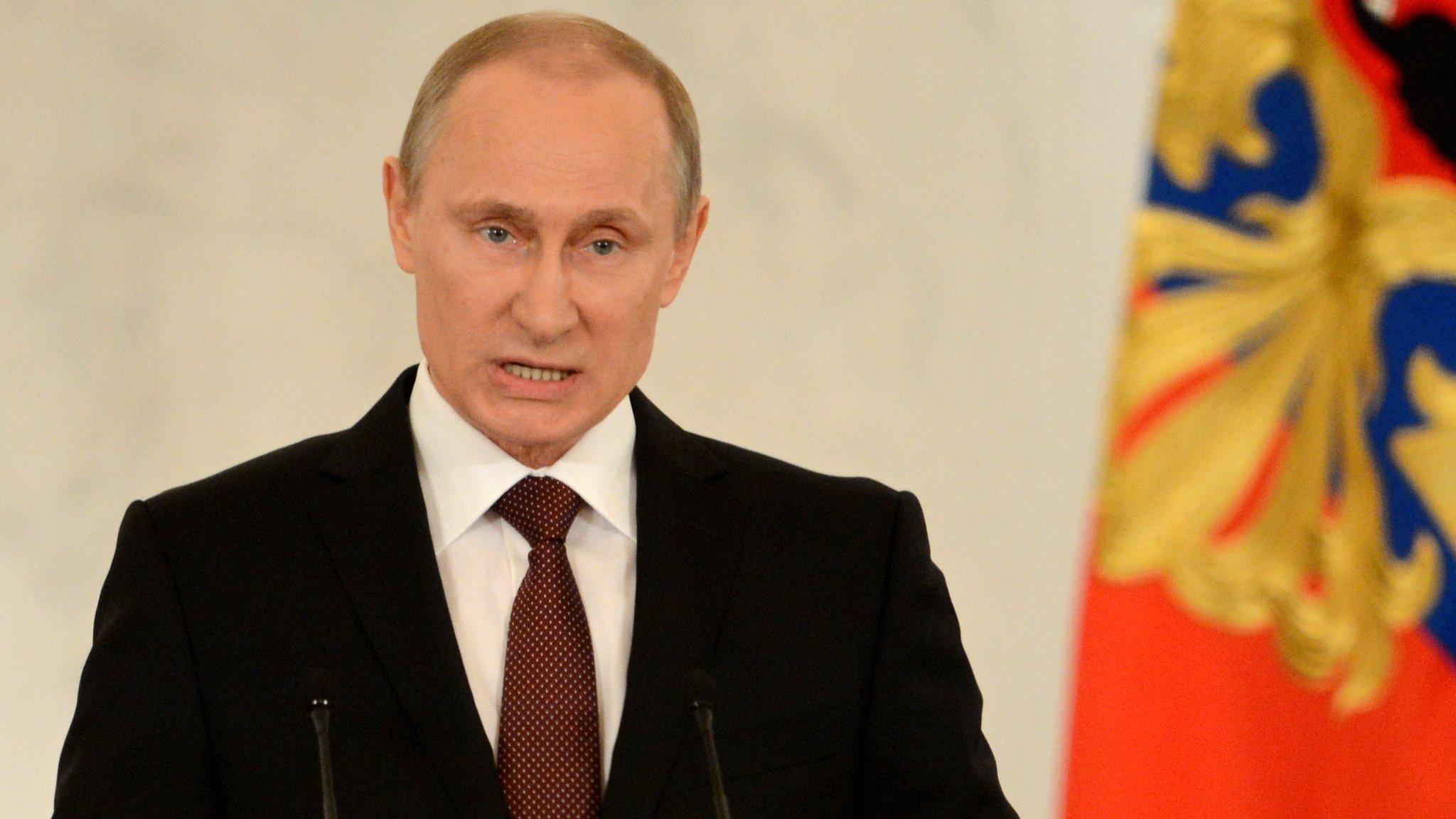
- Published21 August 2015
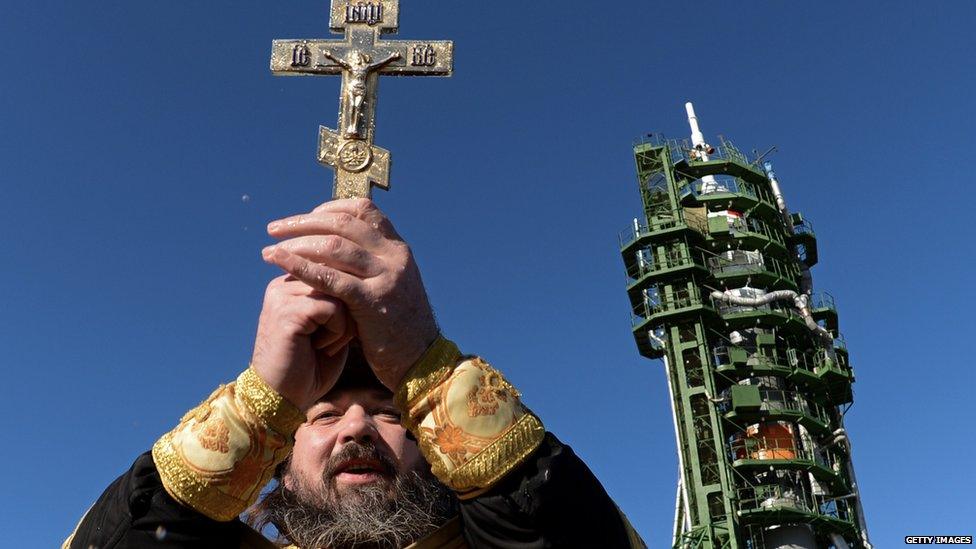
- Published28 December 2015
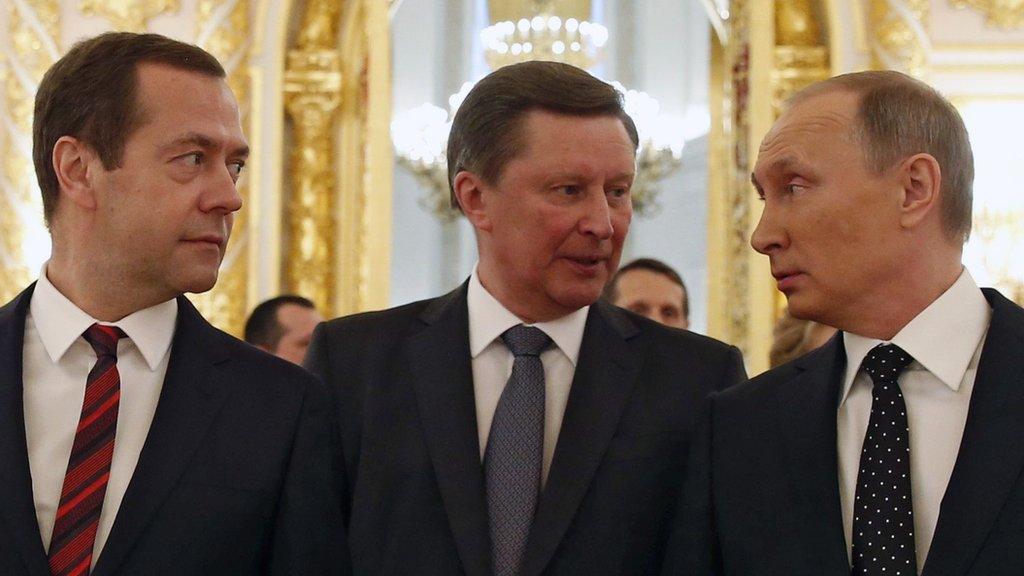
- Published17 March 2024
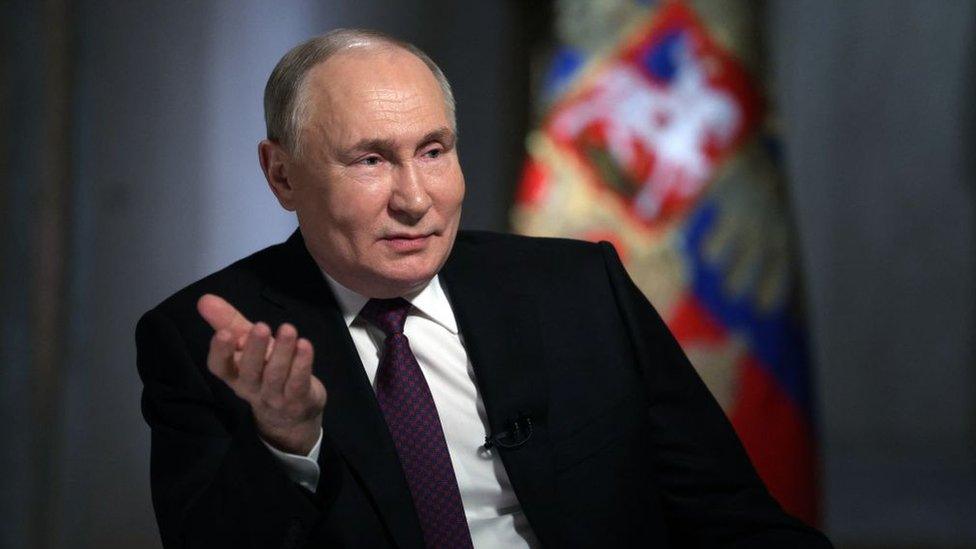
- Published27 December 2016